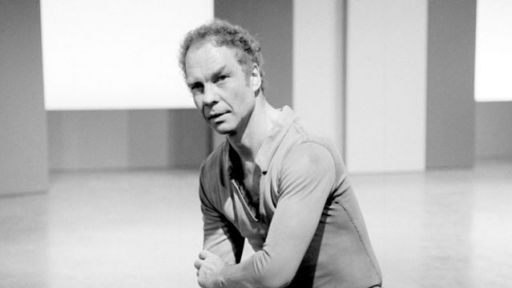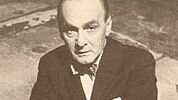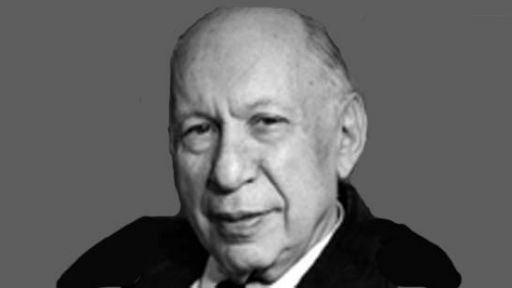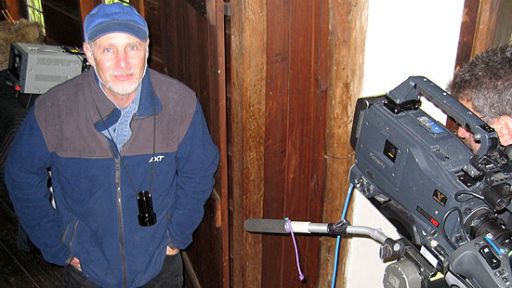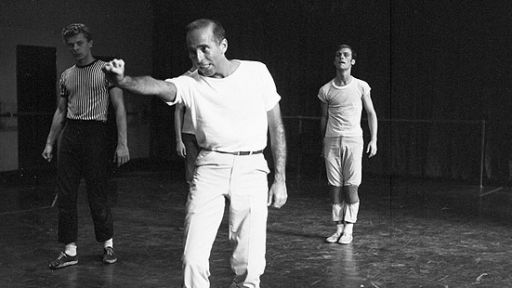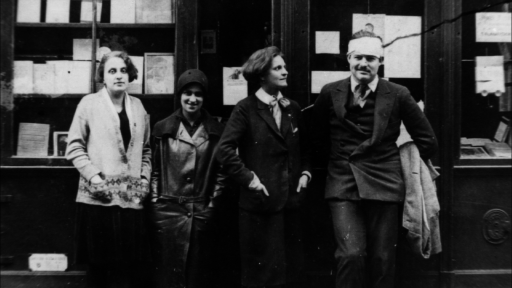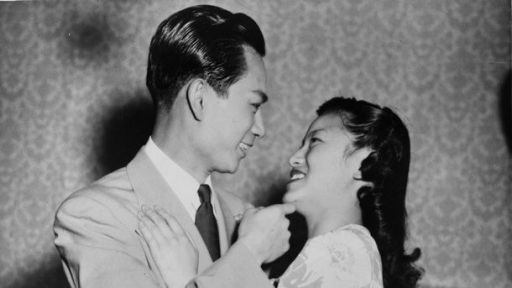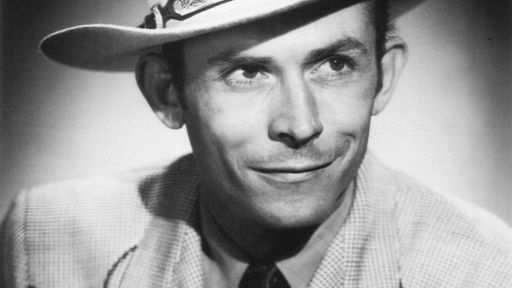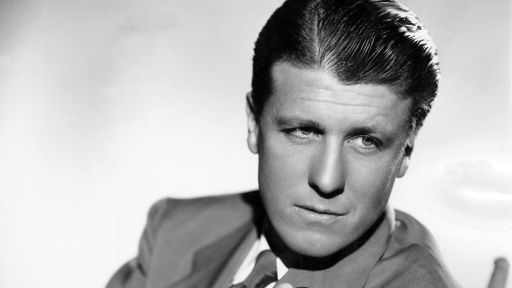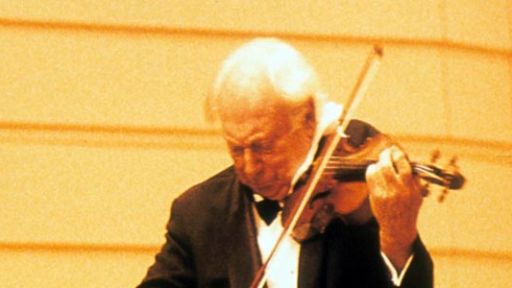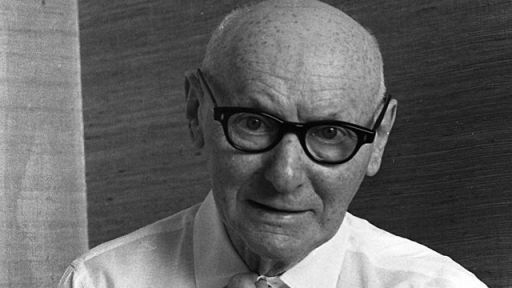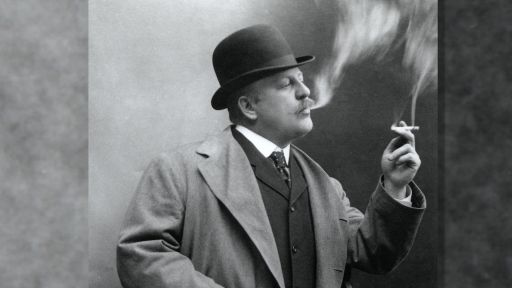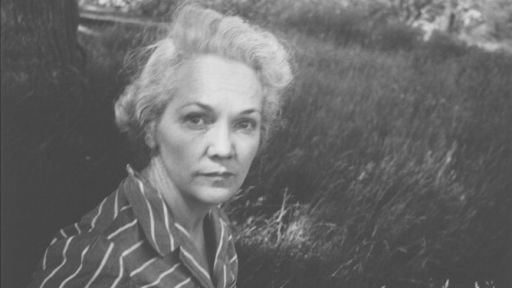Premiered: 12/16/2001
S16E6
The title of Charles Atlas’ new documentary on Merce Cunningham may be taken quite literally: his mother described his dancing down the aisle of the church the family attended in Centralia, Washington, at the age of four. At 82, Cunningham is still making new work for the dance company he formed at Black Mountain College in North Carolina, in the summer of 1953.

